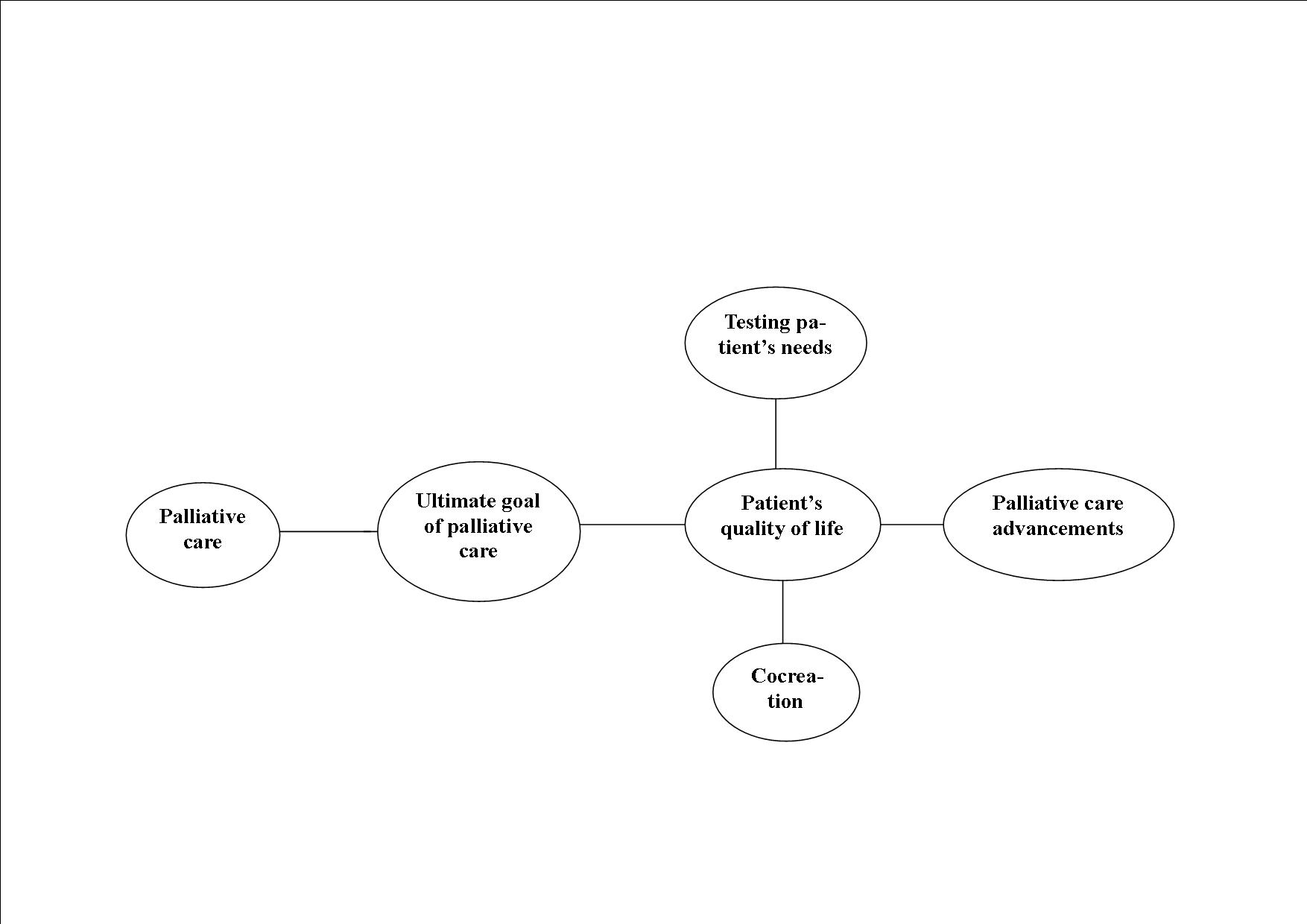The article “Use of theoretical frameworks in research” by Connelly (2014) has addressed the theme of using theory guides for supporting the findings made during the research studies. Connelly (2014) has identified that in a considerable number of scholarly articles, researchers have either removed the theoretic rational part or utilized it in an ambiguous or no clear way. However, the author also noted that the majority of scholars continue to provide the theoretical framework for their research projects.
In addition, Connelly (2014) explained the very notion of the theoretic framework and demonstrated how this notion applies to different research designs. Besides, the author has made an overview of the problems that a researcher, especially a novice one has with the theoretical background selection for one’s research projects. For example, the author identified that some researchers begin to understand that the chosen theoretic framework does not apply to the studied population.
In this case, Connelly (2014) recommends making modifications to the chosen theory. However, she warns that this solution needs testing of the modifications made. Overall, this article is an example of “how theory guides research and also makes sense of the subsequent findings” (Connelly, 2014, p. 187).
In her article “Use of theoretical and conceptual frameworks in qualitative research”, Green (2014) has explored the approaches that novice researchers use to develop theoretical and conceptual frameworks for their research projects. The author has identified the common problem they have at the beginning of their research activity is the inability to differentiate between the notions of a theoretical framework and conceptual framework. She has shared her findings by demonstrating how exactly novice researchers utilized the notions of conceptual models, conceptual frameworks, and theoretical models.
In addition, the author provided details as regards how the theoretic framework was incorporated by the scholars into their projects, with what purpose, and with what result. The main finding of this article provides an understanding that novice researchers use theoretic framework in the majority of cases, but they fail to explain how it helps in building the research design. Based on the finding made, Green (2014) has concluded that “theoretical and conceptual frameworks need to be more clearly understood by researchers and correct terminology used to ensure clarity for novice researchers” (p. 34).
Reflections for the Proposed Study
Reviewing the evidence I am collecting for my proposed study, I have to note that I have added the theoretic framework from Novak’s paper based on Ausbels work and Tony Buzans approach to mind maps. The two scholars have made considerable contribution to the development of the concept of mind maps applicable for the healthcare professionals. Tony Buzans’ approach to mind maps creation appears to be of special interest to me. He developed concept maps and mind maps in the 1970’s and has applied these concepts into the workplace as a way to improve business (Buzan, Griffiths, & Harrison, 2014). I have drawn important lessons from this researcher to construct my proposed project.
Based on the draft of research proposal I have completed earlier, I have developed the following concept map reflecting on the findings made by Novak and Buzan (see Fig. 1). In this concept map, I have demonstrated the relations between the main concepts I have explored in the paper including patient’s quality of life, testing patient’s needs, cocreation, ultimate goal of palliative care, and palliative care advancements.

References
Buzan, T., Griffiths, C., & Harrison, J. (2014). Mind Maps for Business Revolutionise your business thinking and practice. London: Pearson.
Connelly, L. M. (2014). Use of theoretical frameworks in research. MEDSURG Nursing, 23(3), 187-188.
Green, H. E. (2014). Use of theoretical and conceptual frameworks in qualitative research. Nurse Researcher, 21(6), 34-38.